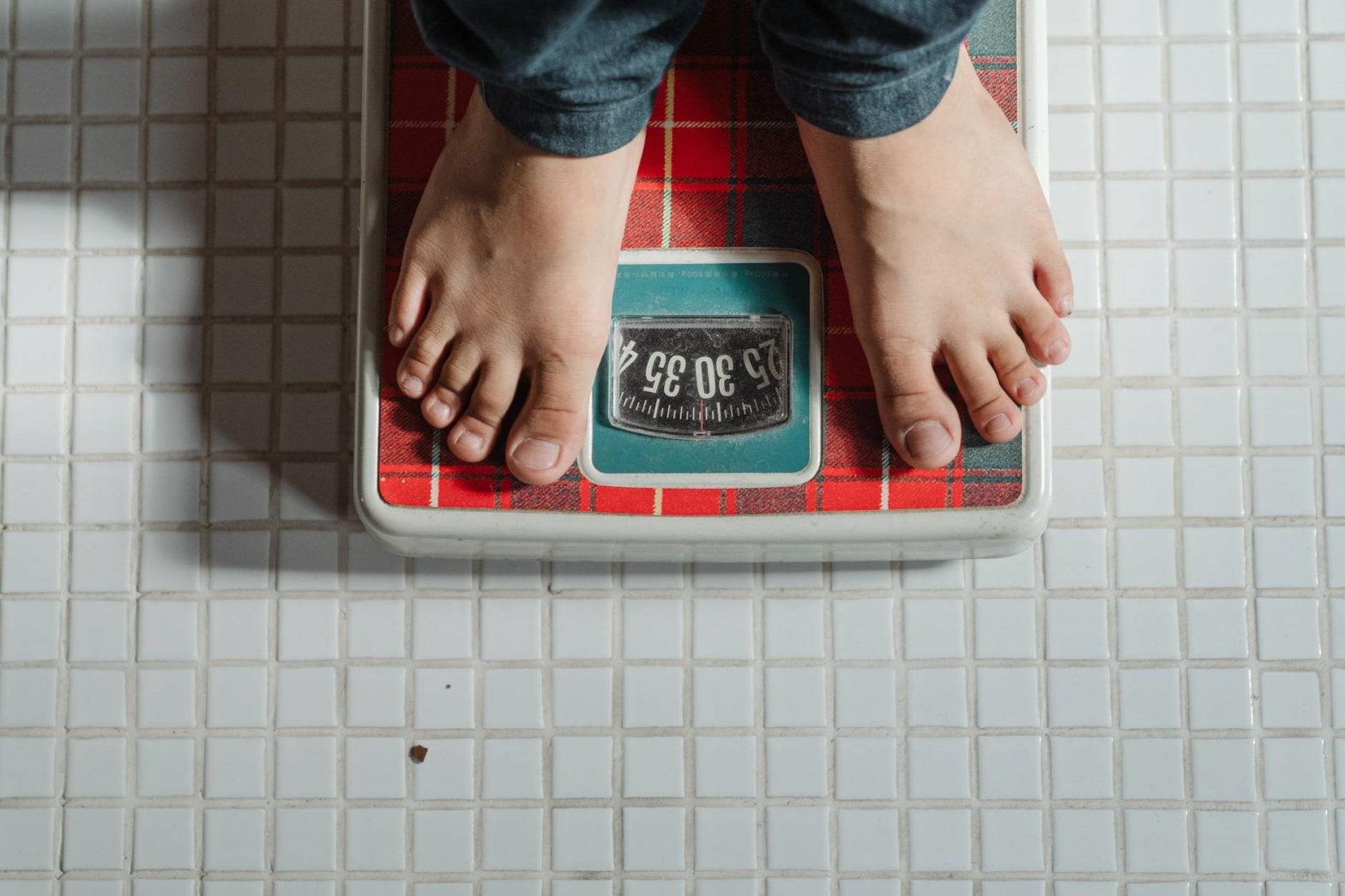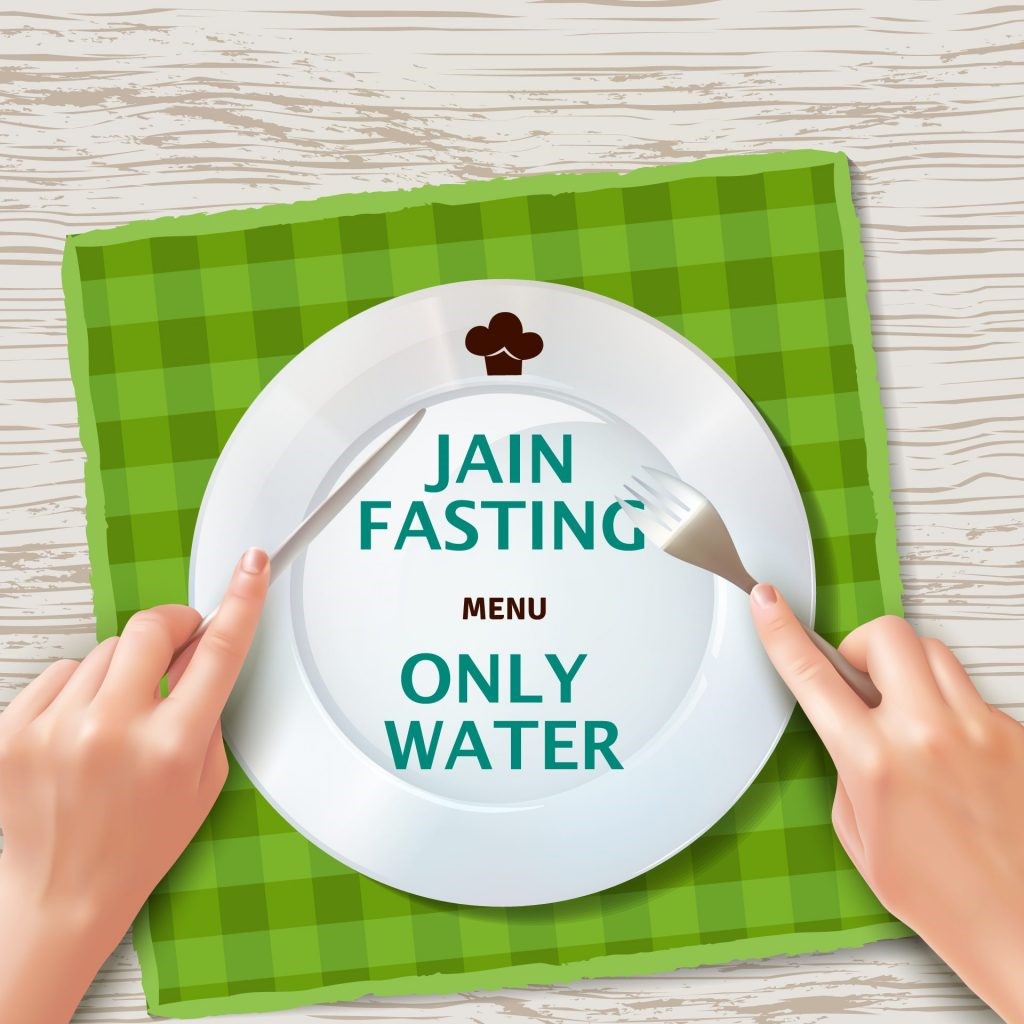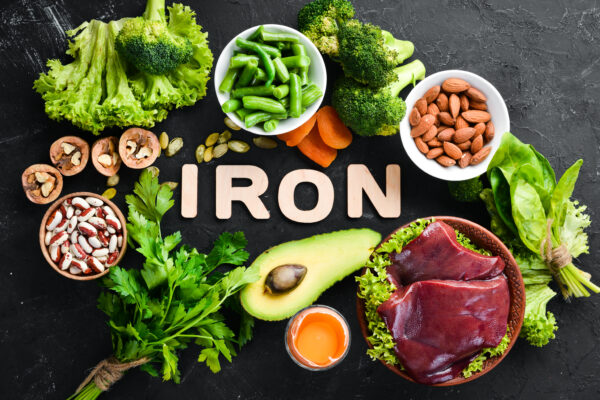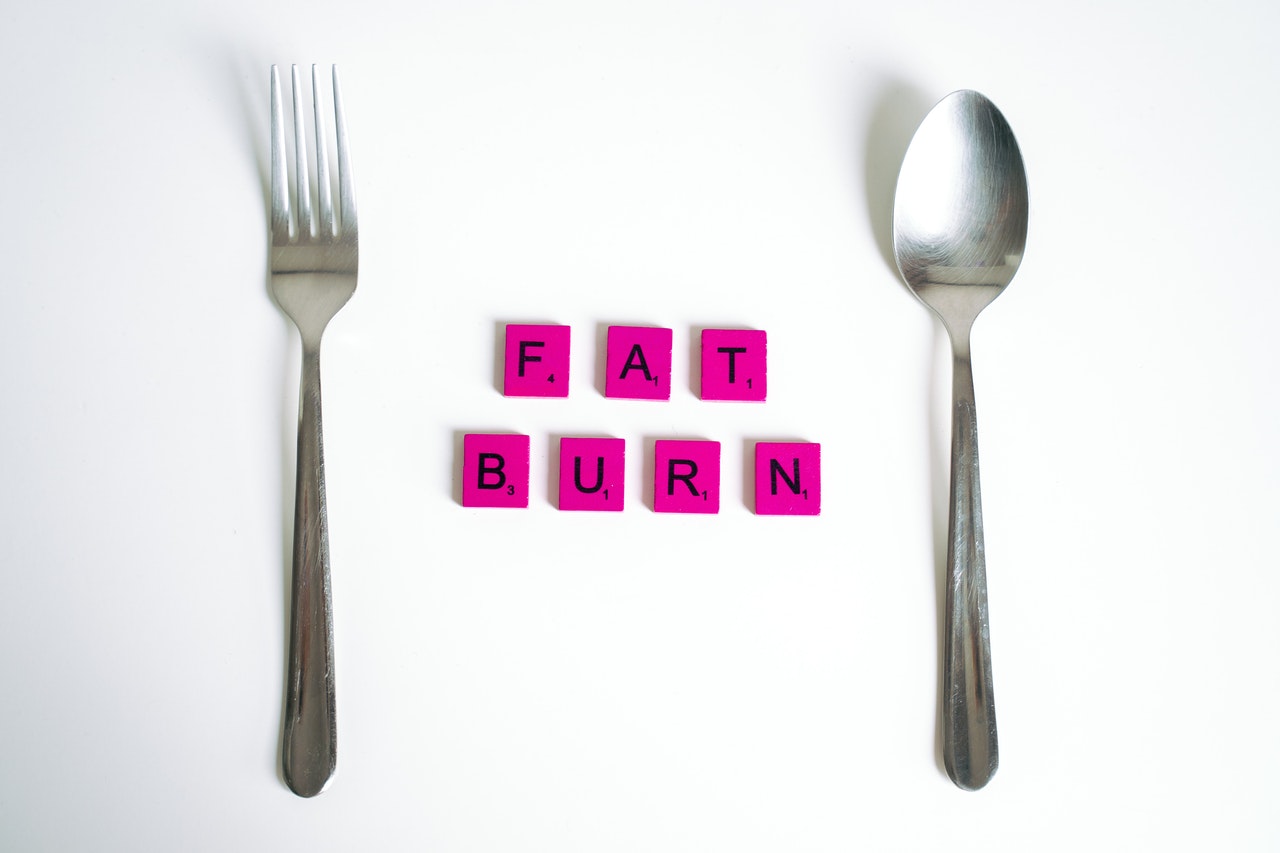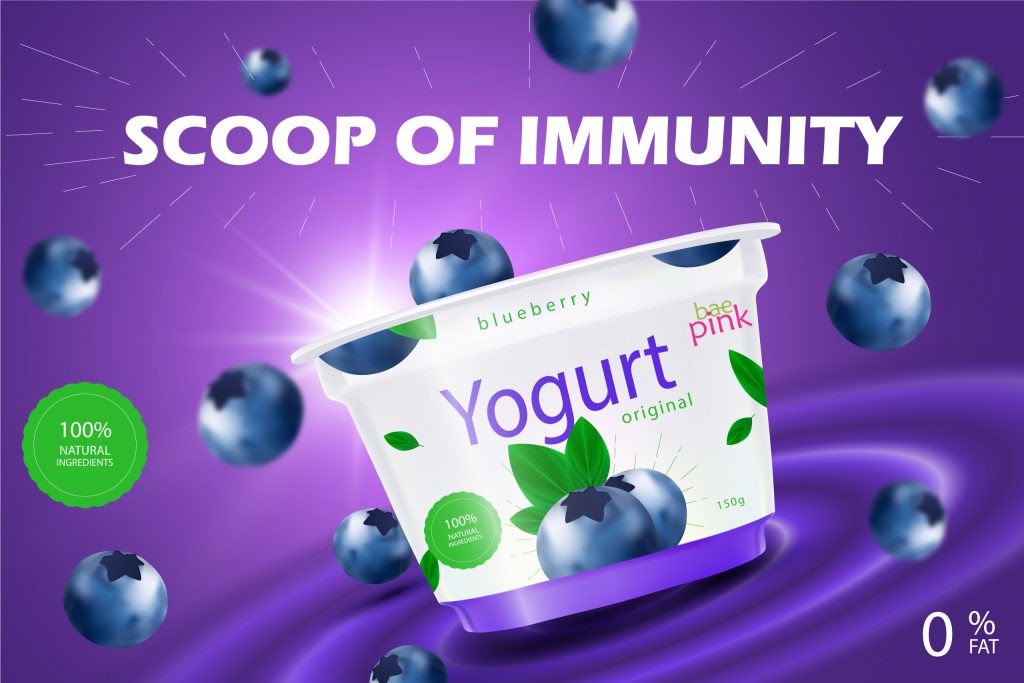Consumption of protein-rich food is on the rise due to its beneficial effects on health. The high protein diet has become a trend targeted for weight loss, preservation of muscle mass, and increased strength.
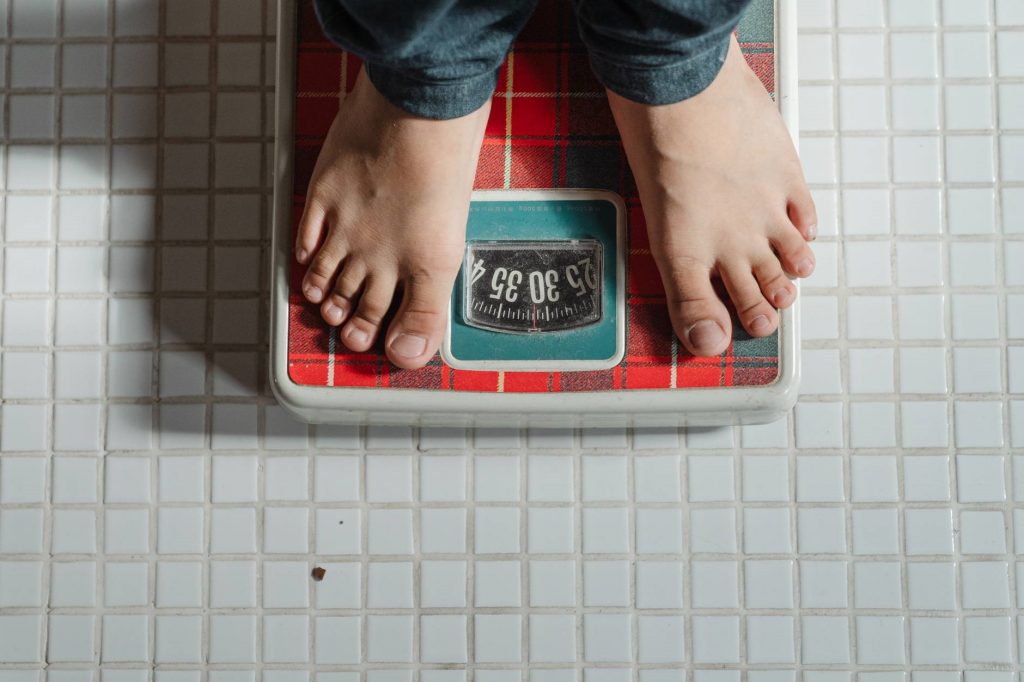
How much daily intake of protein is recommended?
The National Academy of Medicine recommends that adults get a minimum of 0.8 grams of protein for every kilogram of body weight per day or just over 7 grams for every 20 pounds (approx. 9 kg) of body weight. So, a person of 50 kg would require 45 grams of protein per day.
As per a recent study published in BMJ, It was found that protein benefits are way beyond, it minimizes the different causes of death. Overall, high total protein intake lowers the risk of all-cause deaths. And plant-based protein was associated with lowering the risk of all-cause and cardiovascular disease deaths, it was not the same with animal protein. Higher consumption of plant protein results in proportionally lowering the all-cause deaths.
In another study, plant proteins were associated with favorable changes in blood pressure, waist circumference, body weight, and body composition, which might help to lower the risk of several chronic diseases, including cardiovascular disease and type 2 diabetes.

Intake of total and animal protein was not significantly associated with the risk of cardiovascular disease and cancer deaths. Each reduction of three servings of processed meat in a week was associated with a small reduction in the risk of overall cancer mortality over a lifetime. Increasing plant protein reduces cardiometabolic risk factors, including blood lipid and lipoprotein profiles, blood pressure, and glycaemic regulation.
Protein plays a vital role in reducing the risk of all-cause deaths. Even more, plant protein surpasses animal protein in terms of long-term benefits. Especially, if cardiovascular or diabetes runs in your family. Better switch to a plant protein diet plan.
Plant-based high protein vegetables
- Edamame – Vegetable-type soybeans (सोयाबीन की फलियां)
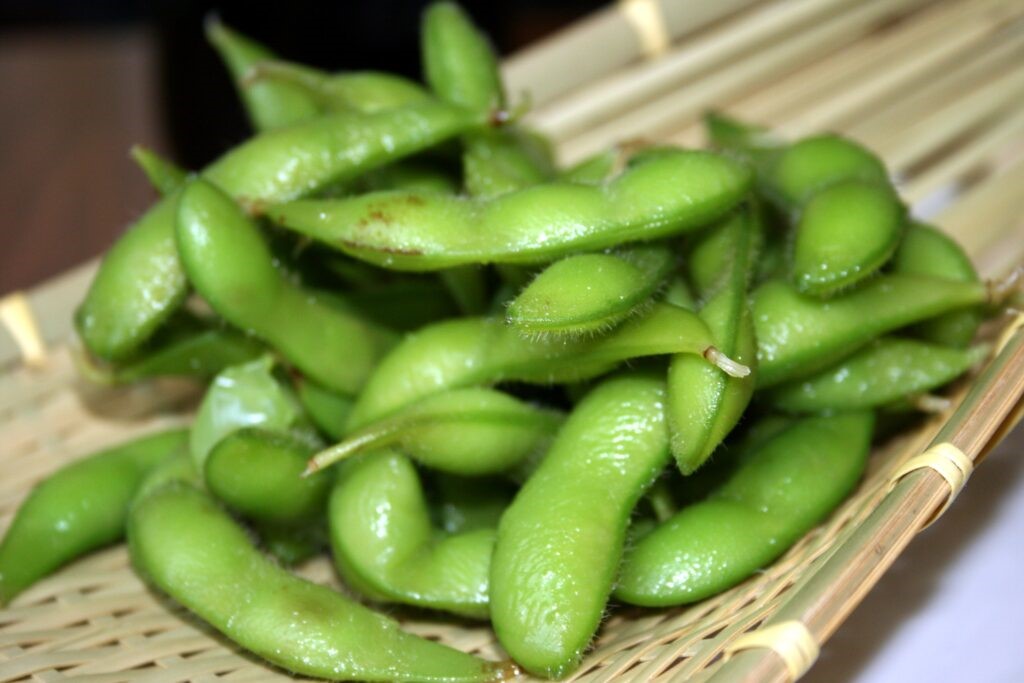
- Lentils (मसूर की दाल)
- Pinto beans – Red Kidney Beans (राजमा)
- Chickpeas – Garbanzo Beans (चने)
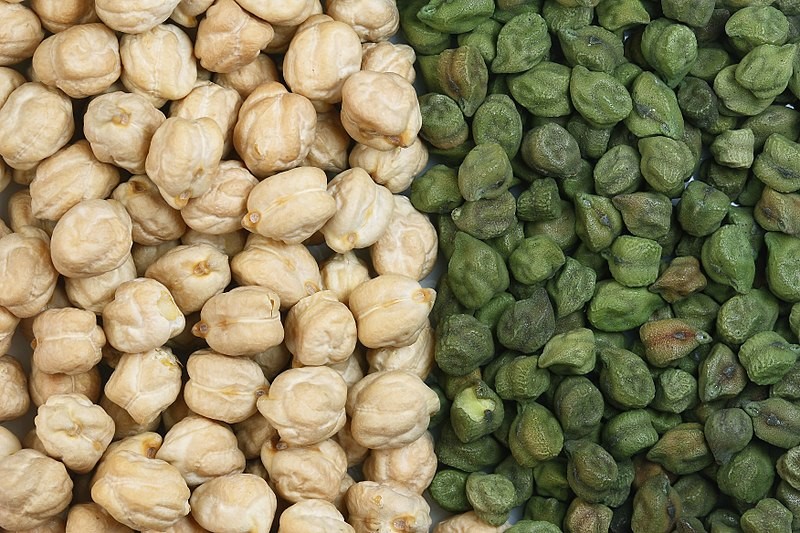
- Mung beans (मूंग की दाल)
- Fava beans – Known as hawai-amubi in Northeastern states (बाकला)
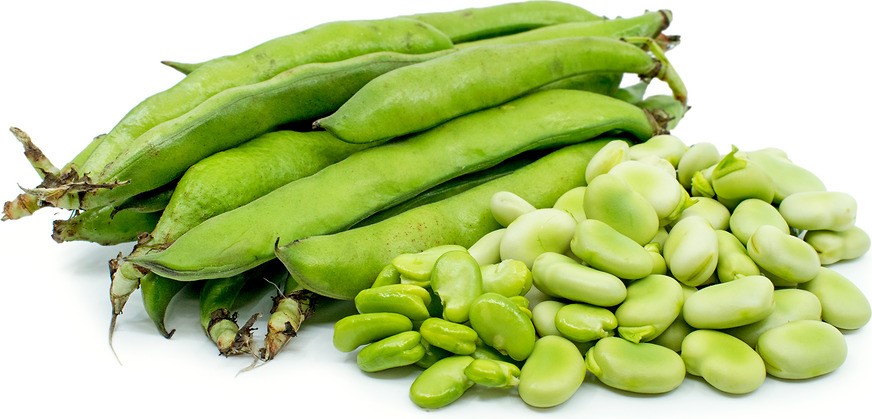
- Lima beans (सेम)
- Green peas (मटर)
- Wild rice
- Pistachios (पिसता)
- Almonds (बादाम)
- Brussels sprouts
Brussels sprouts or sprouts are vegetables that look like tiny cabbages
- Chia seeds (चिया बीज)
- Yellow sweet corn
- Potatoes
- Asparagus (शतावरी/ सतावर)
- Broccoli
- Avocado
Plant protein has time and again proved to be a better protein option compared to animal protein. Replacing animal protein in your diet with plant protein increases the chances of longevity.
Image Credit: Pexels.com & Wikipedia


